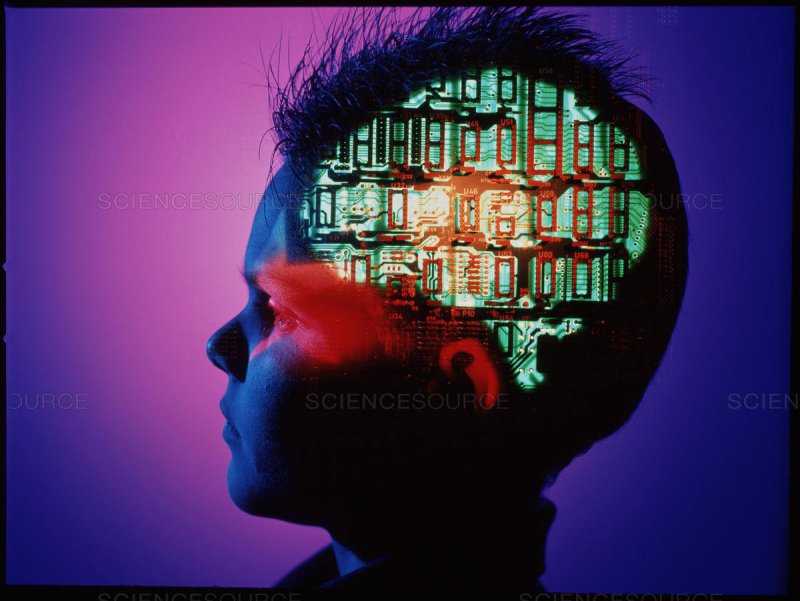By viewing the brain as a computer that passively responds to inputs and processes data, we forget that it is an active organ, part of a body that is intervening in the world, and which has an evolutionary past that has shaped its structure and function.
…
The metaphors of neuroscience – computers, coding, wiring diagrams and so on – are inevitably partial. That is the nature of metaphors, which have been intensely studied by philosophers of science and by scientists, as they seem to be so central to the way scientists think. But metaphors are also rich and allow insight and discovery. There will come a point when the understanding they allow will be outweighed by the limits they impose, but in the case of computational and representational metaphors of the brain, there is no agreement that such a moment has arrived.
…
There are many alternative scenarios about how the future of our understanding of the brain could play out: perhaps the various computational projects will come good and theoreticians will crack the functioning of all brains.
…
Or we will accept that there is no theory to be found because brains have no overall logic, just adequate explanations of each tiny part, and we will have to be satisfied with that.































